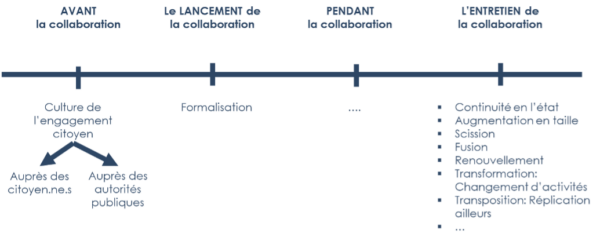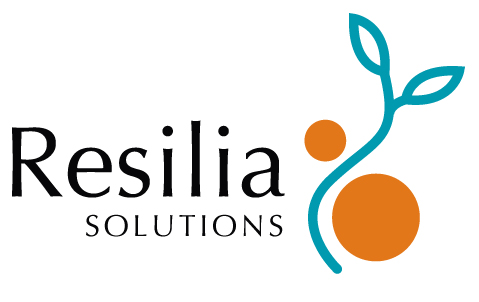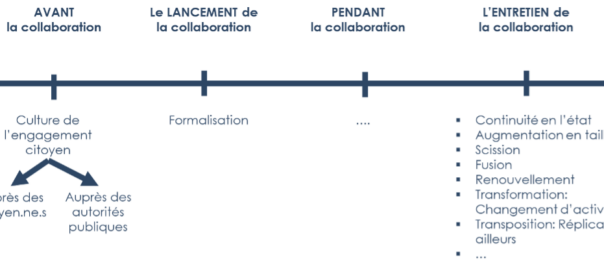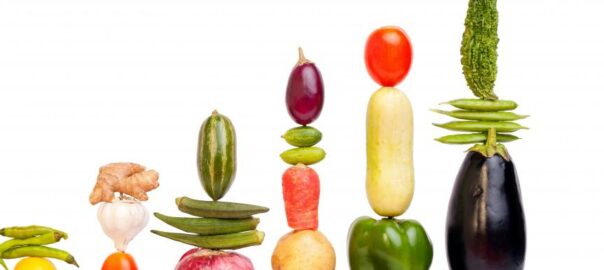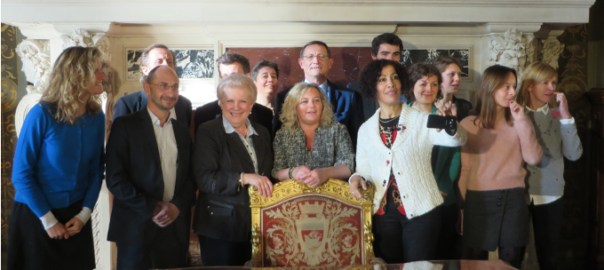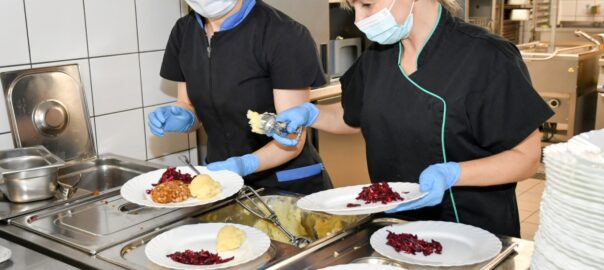Discover how cities have taken on the challenge to push for more organic, local and sustainable food systems.
URBACT cities and networks have been very active in the development of innovative approaches and solutions when it comes to public procurement and gender-sensitive responses. Their practical insights and experience are told in the different modules of the Strategic Public Procurement Online Course. Some municipalities have also taken advantage of it to re-think the ways we produce, distribute and consume food. Read on to see how cities are taking matters into their own hands.
Food procurement relates to the provisioning of food, via catering services (with or without supply), canteens, and vending machines. It targets the public sector and sectors managed by public authorities: school and childcare centres, health and welfare centres (including hospitals), senior or retirement homes, and public administrations.
Continue reading →
